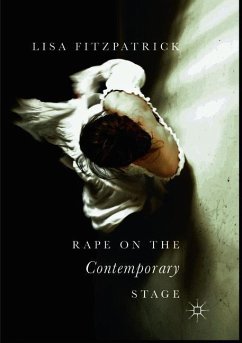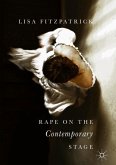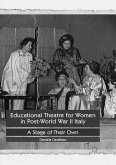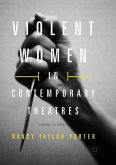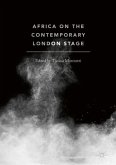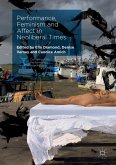This book investigates the representation of rape in British and Irish theatre since the second wave of the Women's Movement. Mainly focusing on the period from the 1990s to the present, it identifies key feminist debates on rape and gender, and introduces a set of ideas about the function of rape as a form of embodied, gendered violence to the analysis of dramaturgical and performance strategies used in a range of important and/or controversial works. The chapters explore the dramatic representation of consent; feminist performance strategies that interrogate common attitudes to rape and rape survivors; the use of rape as an allegory for political oppression; the relationships of vulnerability, eroticism and affect in the understanding and representation of sexual violence; and recent work that engages with anti-rape activism to present women's personal experiences on stage.
"Fitzgerald's analyses concentrate on themes, affects, and representational strategies. ... The tone of Fitzpatrick's Rape on the Contemporary Stage is more matter-of-fact. ... both studies offer substantial contributions to the field of theatre and drama." (Anette Pankratz, Journal of Contemporary Drama in English, Vol. 8 (2), 2020)
"Graduate students, scholars and professionals interested in gender representation in media might find this book useful to better understand how gender representations manifest themselves in media such as theatre." (Morgan Danker, CBQ Communication Booknotes Quarterly, Vol. 51 (3-4), 2020)
"Graduate students, scholars and professionals interested in gender representation in media might find this book useful to better understand how gender representations manifest themselves in media such as theatre." (Morgan Danker, CBQ Communication Booknotes Quarterly, Vol. 51 (3-4), 2020)

